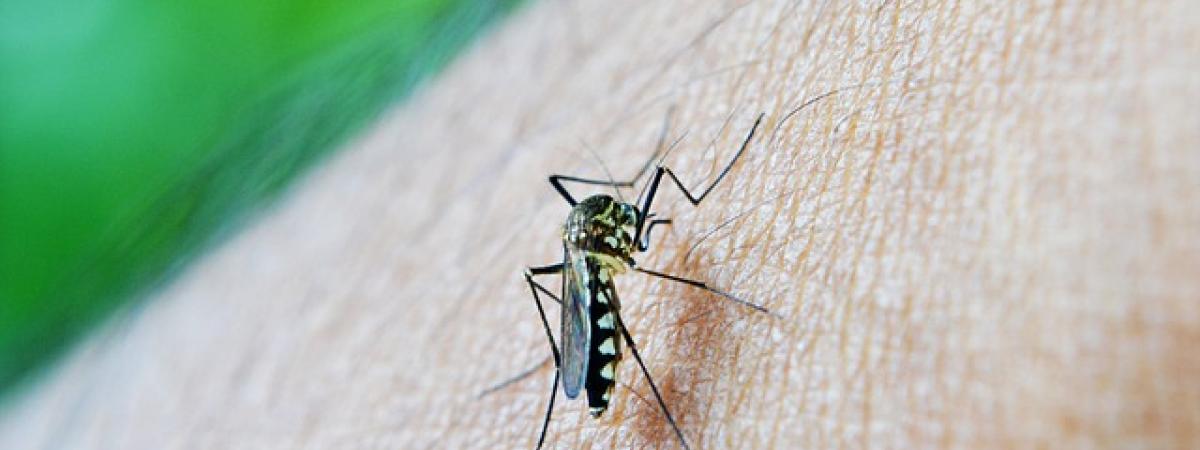All you need to know about the Zika virus
published in Reader's Digest,
19 August 2016

The Zika virus is wreaking havoc in the Americas, leaving babies with deformed heads and disability, and some adults with a nervous system disorder. Is it time for panic or perspective?
The Fear Factor
The World Health Organisation has declared the Zika virus a global health emergency. Since October last year, more than 4000 babies have been born with abnormally small heads in Brazil, and the Zika virus has been found in a small number of such brains.
The World Health Organisation has declared the Zika virus a global health emergency.
Zika has now been reported throughout the Americas: it’s transmitted by the mosquito or by sexual contact and it’s proving to be a super-spreader because we live in a shrinking world. It used to take a year to travel by ship from Britain to Australia: now, thanks to modern air travel, a virus can get from Hong Kong to North America in 18 hours.
Reassurance from the past
No drug or vaccine exists to combat Zika, but history tells us that other viral pandemics have been eventually brought under control by scientific discoveries. Smallpox was for centuries one of the most lethal, dreaded diseases: a vaccine has now led to its global eradication. The measles vaccine has conferred lifelong immunity to most people in the developed world.
Other pandemics seem to have come and gone even without mass immunisation: the SARS outbreak in 2003 being a prime example. There was an outbreak of Zika in the Island of Yap in 2007: might the current outbreak disappear or at least become dormant?Zika is spread by the same mosquito that carries yellow fever and dengue fever. A vaccine has been found for yellow fever, though a cure for dengue remains elusive.
Perspective in the present
Four out of every five people infected with Zika show no symptoms; for others there may be a slight fever and rash. For most people, simple precautions such as covering the body against mosquito bites, and using mosquito nets and insect repellants may be protective. Avoiding sexual contact is also advised after travel to affected countries.
Such advice is good news for Western travellers. Zika, like most mosquito-borne diseases, is, however, much harder to control amongst the local poor who can ill afford running water, air conditioning and protective netting to keep mosquitoes at bay.
Monica Roa of Women’s Link Worldwide also explains that many women in Latin America do not have control over their sexual and reproductive lives, with “poor quality of sex education, poor access to contraception and a high prevalence of rape”.
Other viral pandemics have been eventually brought under control by scientific discoveries.
Hope for the future
The virus is spreading quickly, but scientists are working hard at stopping it in its tracks. Malfunctioning mosquitoes, mobile laboratories and mice are all being used to understand and control Zika.
In Oxford, genetically-engineered mosquitoes have been produced, and are to be deployed in Brazil to reduce the mosquito population (since their offspring die before adulthood); scientists from Birmingham University are sending mobile laboratories across Brazil to study the genetics of the virus as it spreads in order to understand its evolution; mice, meanwhile, are being studied to test possible vaccines.
Zika is a game-changer and the game’s not over yet; scientists are patiently pursuing the means to win.
